When it comes to horror, creepy true stories and the truth behind the paranormal… you have to meet G. Michael Vasey. G. Michael has been the driving factor behind hit books, a popular website and many of the most haunting true tales you’d ever want to read. This interview should give you a good, strong introduction to one of the most interesting paranormal authorities in town.
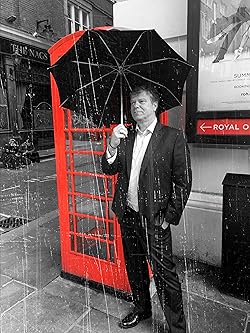
Who do you have in mind when you write?
Me. I write about my interests and things that I am passionate about. I trust that the end product is something of interest to others and that I have something unique to offer – my perspective and one that is entertaining and different.
How do you find “inspiration” and where does it live?
Inspiration often comes to me in a semi-meditative state. So listening to music of the right type can start the juices flowing, or sometimes I listen to meditation music on Youtube as I write. It seems to relax me and open a channel to the creative part of me. Other books can also give inspiration too, so when I am reading something it will trigger a series of questions or thoughts and an inner dialogue. I don’t find finding inspiration difficult to be honest. If you look around and pay attention to what is around you, how can you not be inspired? For example, until recently, I lived in Prague. Most people tramp to work, head down, worrying about the day ahead or wishing themselves miles away. As I walked through Prague to work, I looked up – at the glorious architecture and beauty, history and sheer wow of the city I lived in…. that inspires me.
Have you always aspired to be a writer?
No, but writing has always been a key part of what I do for a living, and I have always enjoyed writing. Being an author sort of sprung up on me when I realized what a body of work I had had published as articles, newsletters, book chapters and so on. Once I got comfortable with the idea, I thought – why not give it a proper go?
Tell me about how you became a writer. What was the first step for you?
Having to write so as a part of my job. I must have written well over 500 articles in newsletters and magazines professionally along with 100 white papers and reams of blog articles. So, it is something I do continually. The step you ask about is probably when I first sat down with the objective of writing a book, and I did that because I was told to in meditation…
Do you have a distinctive “voice” as a writer?
I don’t know to be honest, but in poetry I do try to play with words in certain evocative ways.
Do you think anyone can learn to be an effective writer, or is it an unnamed spiritual gift?
I think anyone who really wants to write can learn, but very few writers are true masters. That is a gift that you are born with.
Is there a book you’ve written that you’re most proud of?
No, as I tend to keep looking forward as opposed to backwards. That’s not to say there isn’t a book I am fond of. My novel, The Last Observer, though certainly not perfect, is my favourite book to date; and my last book of poetry – Moon Whispers – I think is my strongest effort yet. I pick the novel because it has the potential to appeal to a broader group of readers, I think.
On average, how long does it take for you to write your ideas down before you start writing a book?
I don’t follow this approach usually. I plan it in my head and then, after it’s going, I start to write down subplots and themes I wish to develop. In the end though, the books have a surprising talent for writing themselves and surprising even me. I suppose it’s because I write in a meditative state usually and it’s as if it’s not me doing the writing anyway.
What would you say is the “defining” factor in your writing? What makes it yours?
Ah, good question! I think it’s my passion for trying to understand the nature of reality and my practise of magic. You see, I think magic (or if you prefer, metaphysics) has already described the Universe, and science is gradually catching up. What fascinates me is how we create our own reality or our own perspective on reality and how imagination and will can make magic. This provides for a never-ending smorgasbord of ideas, plots, endings and concepts to play with.
How do you guard your time to do what’s most important?
I am a multi-tasker and am always engaged in fifteen things at once. I move my focus from one thing to another and that constant variety keeps me engaged and busy.
What are some of the more common distractions you struggle with, and what ways have you found to overcome them?
There are times when I simply do not want to write. So I don’t.
What kind of review do you take to heart?
Oh, I hate bad reviews and take them ever so personally. It seems to me that there are a few people out there that simply get a kick out of writing deeply negative reviews – like trolls on a discussion board. I can’t help being hurt by deeply negative criticism. On the other hand, we only get better through criticism. It is how that criticism is delivered that makes the difference between something we gain from or something we are hurt by.
How do you decide what your next book will be about?
Well, I decide probably in a moment of massive interest in something or an idea, but then I end up writing something else entirely! For example, on my bio it says I am writing a book about the Fool in magic. It’s a great idea, and I have written a few pages, but I keep finding other things to write about, and I make no progress at all on that idea. I keep it in the bio to remind me that I must/should/will write that book.
Was there a link between your childhood and your vocation as a writer?
Yes – imagination. I had and still do have a very well-developed imagination to the point I can really be where I imagine I am. It is this imagination that runs riot and is the creative seed within me.
As a writer, however, you have the opportunity to self-reflect, to revisit experiences. How does that feel?
Sometimes good but not always….often, the worst of life’s experiences are actually the best – at least for writing.
What motivates you to tackle the issues others may avoid, such as nature and spirituality?
I have been interested in such things since I was knee high to a grasshopper as I wrote in my first book – Inner Journeys. Back when I was 12, I was attending meetings of the church for psychical research and reading Blavatsky… So, I am well-grounded in this stuff and a practising magician to boot. As a result, I guess I see the world a bit differently and want to share the idea that the world looks like you want it to.
When you start a new book, do you know how a book will end as you’re writing it? Or does its direction unfold during the writing, research and/or creative process?
The Last Observer wrote itself, I swear. The ending surprised me and still does.
How do you see your role in impacting and influencing society?
I only hope that I can make people think a bit, wake up and look around and see that not everything is how they were taught. If they do that, then I have already succeeded.
If you weren’t a writer, what would you like to do?
Writing is so integral to everything I do, and it’s not possible to answer this question.
What are the things a writer “must not” do?
You know, I don’t like rules. Why should a writer not do anything? I do feel sometimes that we are constrained by success, but real art is breaking all the rules and having the product mean something. This is why I love poetry – there are NO rules. I hear some people criticising Indie writers as if the only people who should write are Shakespeare and his ilk; but this is literary snobbishness, isn’t it? Everyone should be able to write if they so choose, and if they break rules of grammar but people love their stuff, then great….
What are some pieces of advice that you would give someone on writing well?
I would never tell someone how to write – I think people should write as they wish, and some will deem it to be good and some bad.
Young writers often make foolish mistakes. What is a mistake to avoid?
Answering a bad review… don’t do it. Ever. I did and I learned.
What obstacles and opportunities do you see for writers in the years ahead?
The whole industry is in flux with eBooks, Amazon and so on. Trying to keep up with how to market what you write, how to make money, how to find an audience, whether to self-publish or not? It’s knowing how things will fall out that could present either an obstacle or opportunity.
Could you talk about one work of creative art that has powerfully impacted you as a person?
Yes – a CD by Blackfield called Blackfield II. The music on that CD inspires me to write, and it feeds my creative juices. Every single poem in Moon Whispers was written listening to that CD. In fact, music often is the work of creative art that sends me….
What relationship do you see between imagination and creativity, and the real world?
Imagination and creativity are intertwined like lovers – one needs the other, and together they make beautiful music.
For a writer, it is easy to become an elitist. Have you ever (or do you still) struggle with pride as an author?
Not really – I do what I do and lots of people do the same so there is nothing special about me. But let’s see how I behave if I ever have a real best seller, shall we?
With all your success, how do you stay humble?
Age. I am that sort of age where nothing much impresses me anymore, least of all myself.
Have you ever considered writing fiction full time?
I would love to… will you get me a contract?
Start your great Vasey adventure by grabbing a copy of “The Chilling True, Terror of The Black Eyed Kids.”
The Chilling, True Terror of the Black-Eyed Kids: A Monster Compilation by G. Michael Vasey
The definitive account of the mysterious and terrifying black-eyed kids from best selling paranormal and occult author – G. Michael Vasey
The Black-Eyed kids are an urban legend of vast proportions. The stories of small children turning up on people’s doorsteps asking to be ‘let in’ occur all across the world spreading fear and terror. This compilation of G. Michael Vasey’s best selling books on this scary phenomena includes new material and new true stories, as well as the complete texts of his hit books – The Black-Eyed Demons are Coming and The Black-Eyed Kids.
Supernatural expert, G. Michael Vasey, carefully investigates this truly terrifying phenomenon using real-life encounters with these scary supernatural beings. The result is an unsettling and sometimes terrifying book that will have you fearfully anticipating that knock at your door… late at night. Will you ever sleep again?
Who and what are these mysterious visitors to the doorstep?
Are they demons, aliens?
What do they want?
Why do they need to enter your home and what happens if they do?
Small kids that ask to use your phone or for a ride and yet those that encounter them are scared to death even before they notice their sinister black eyes……
This book will terrify you….. and have you afraid to answer your door late at night.
Other great Vasey books are also available by clicking here.

![The Chilling, True Terror of the Black-Eyed Kids: A Monster Compilation by [Vasey, G. Michael]](https://images-na.ssl-images-amazon.com/images/I/51TcDhCeoPL._SY346_.jpg)
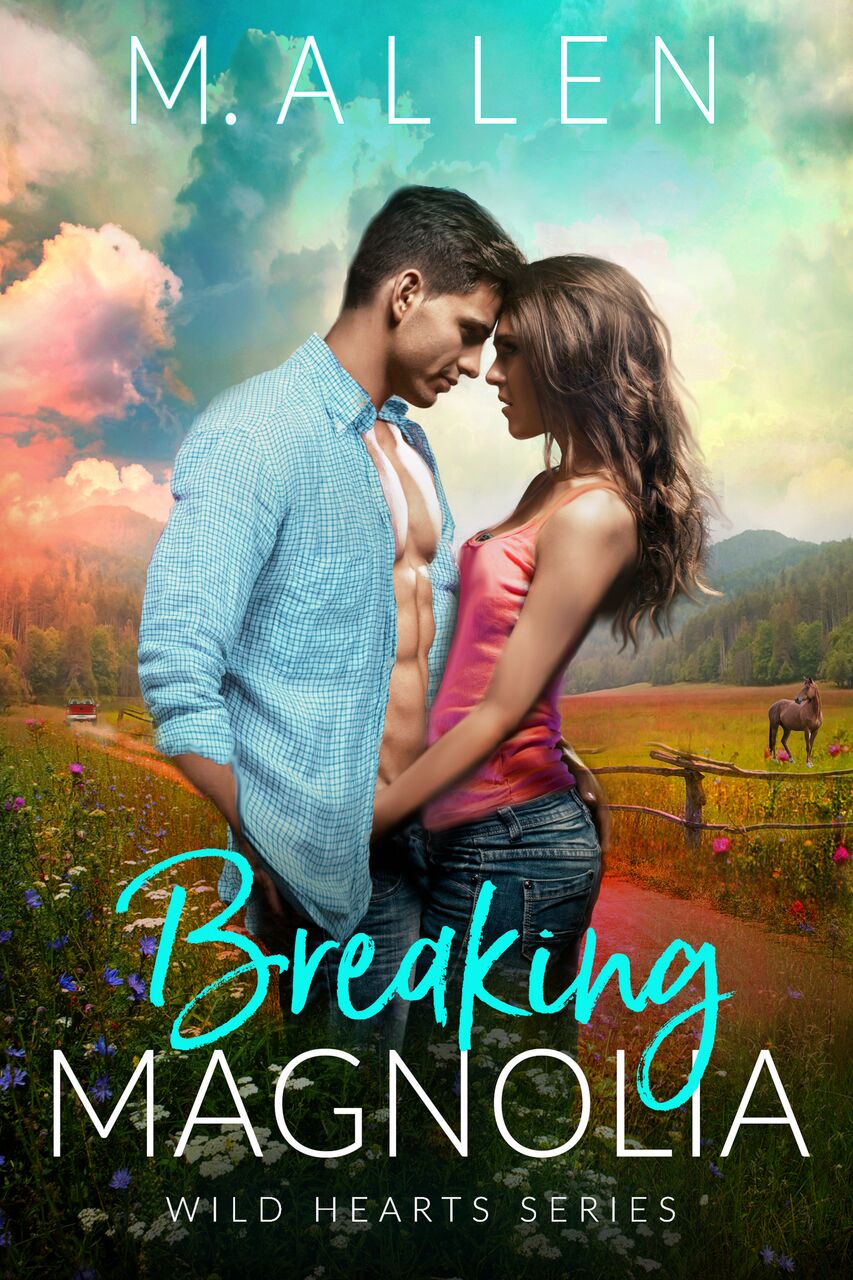
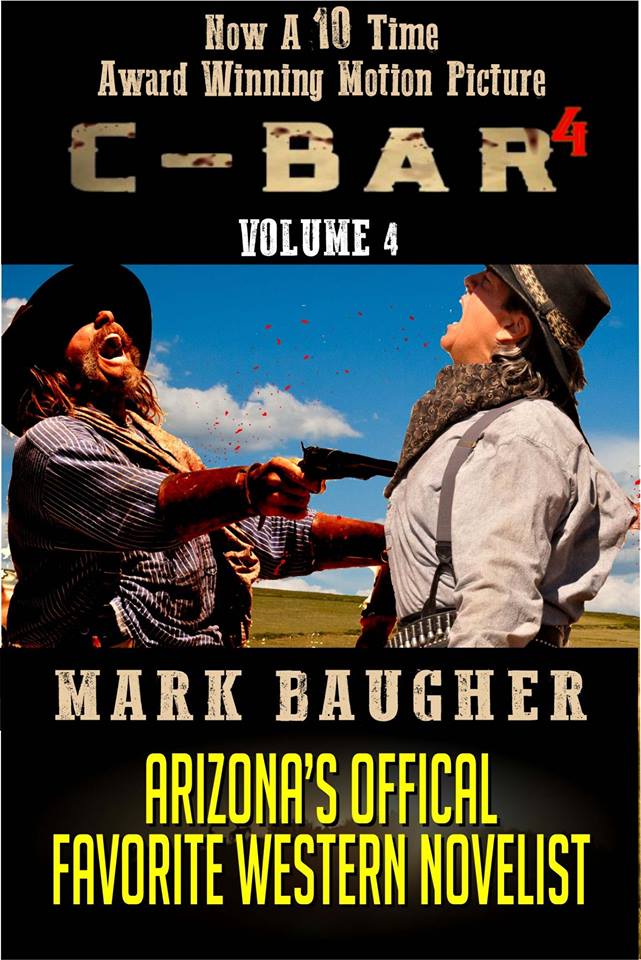
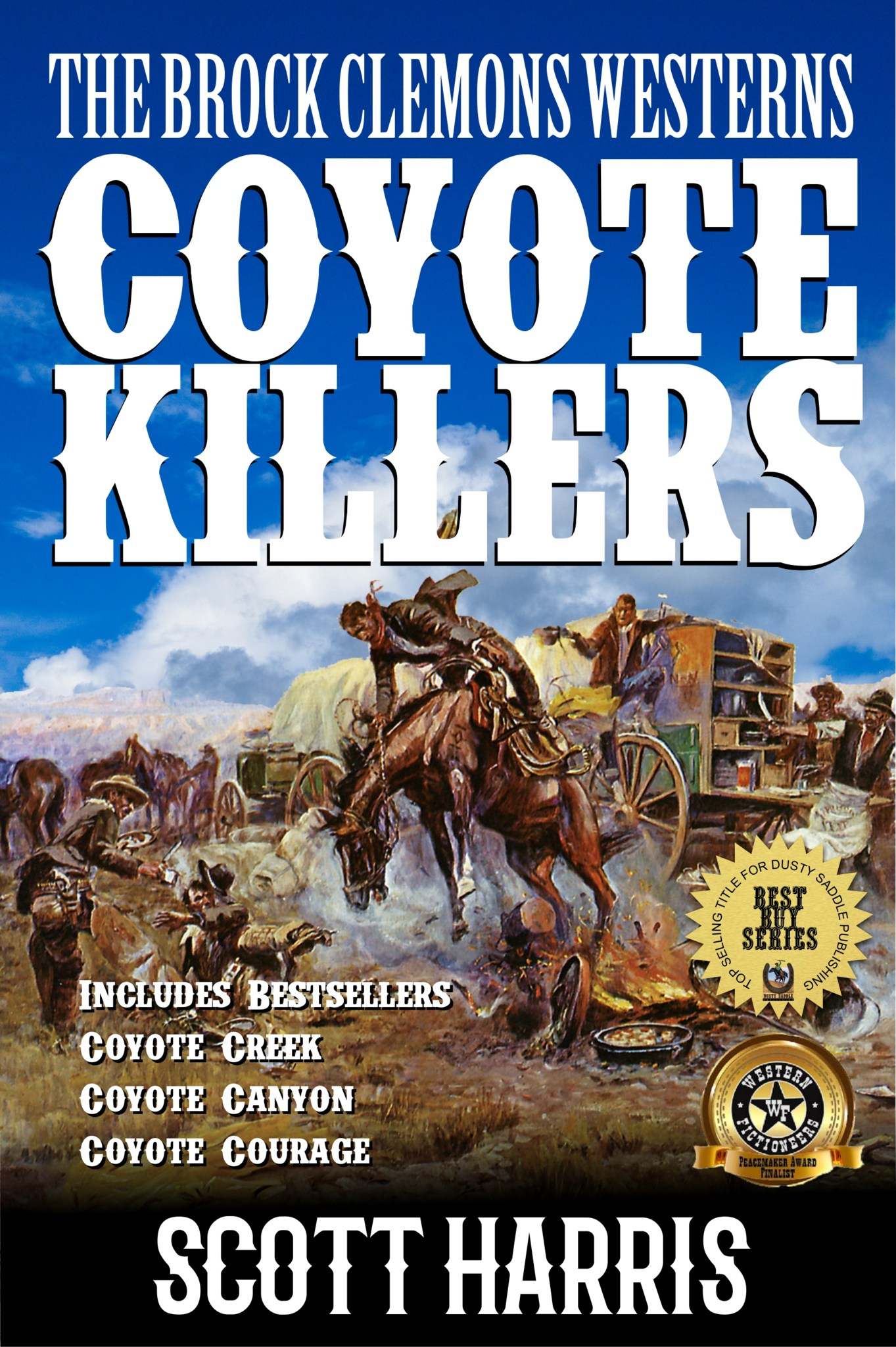
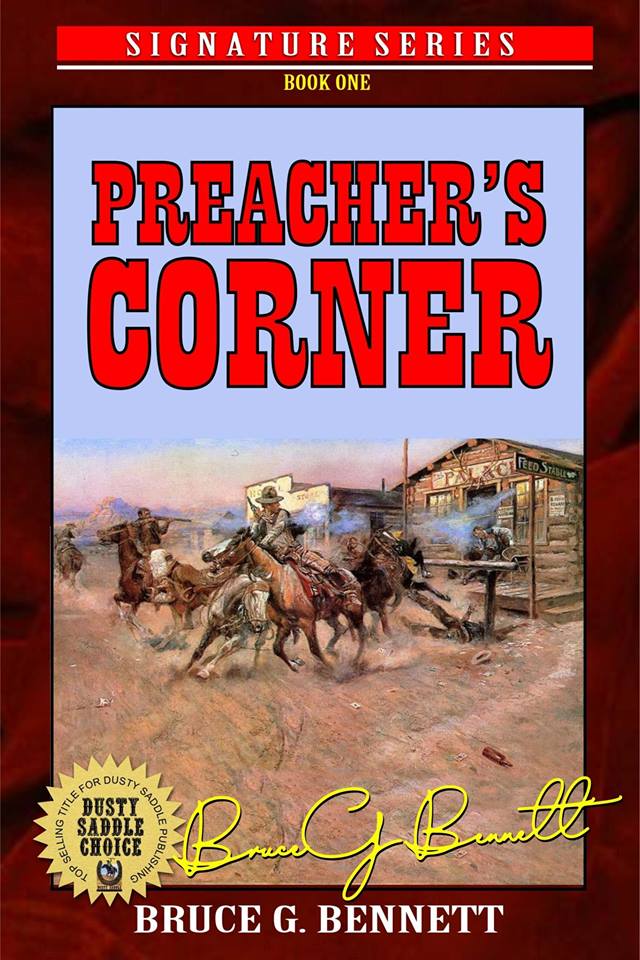
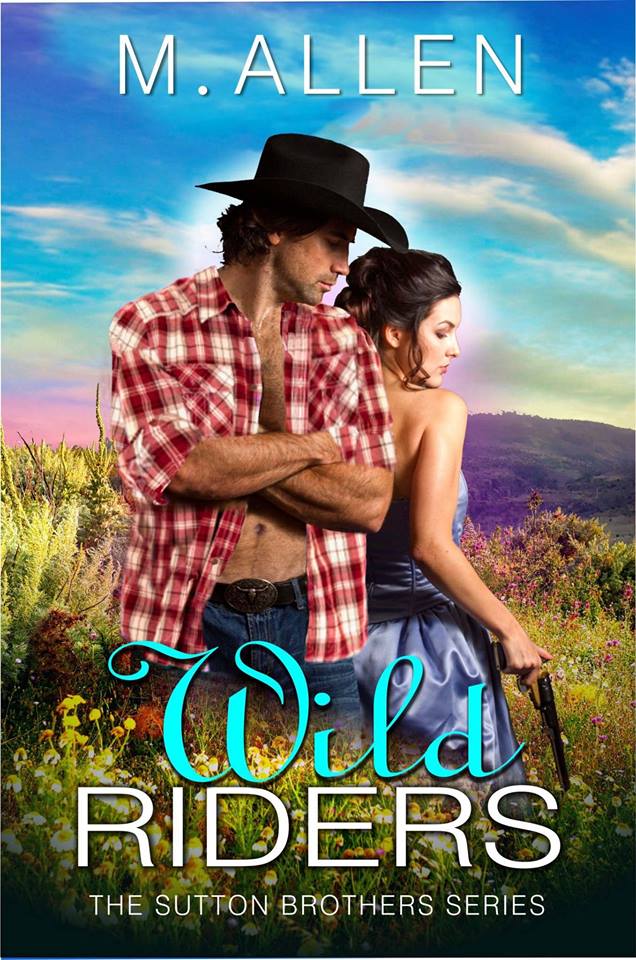
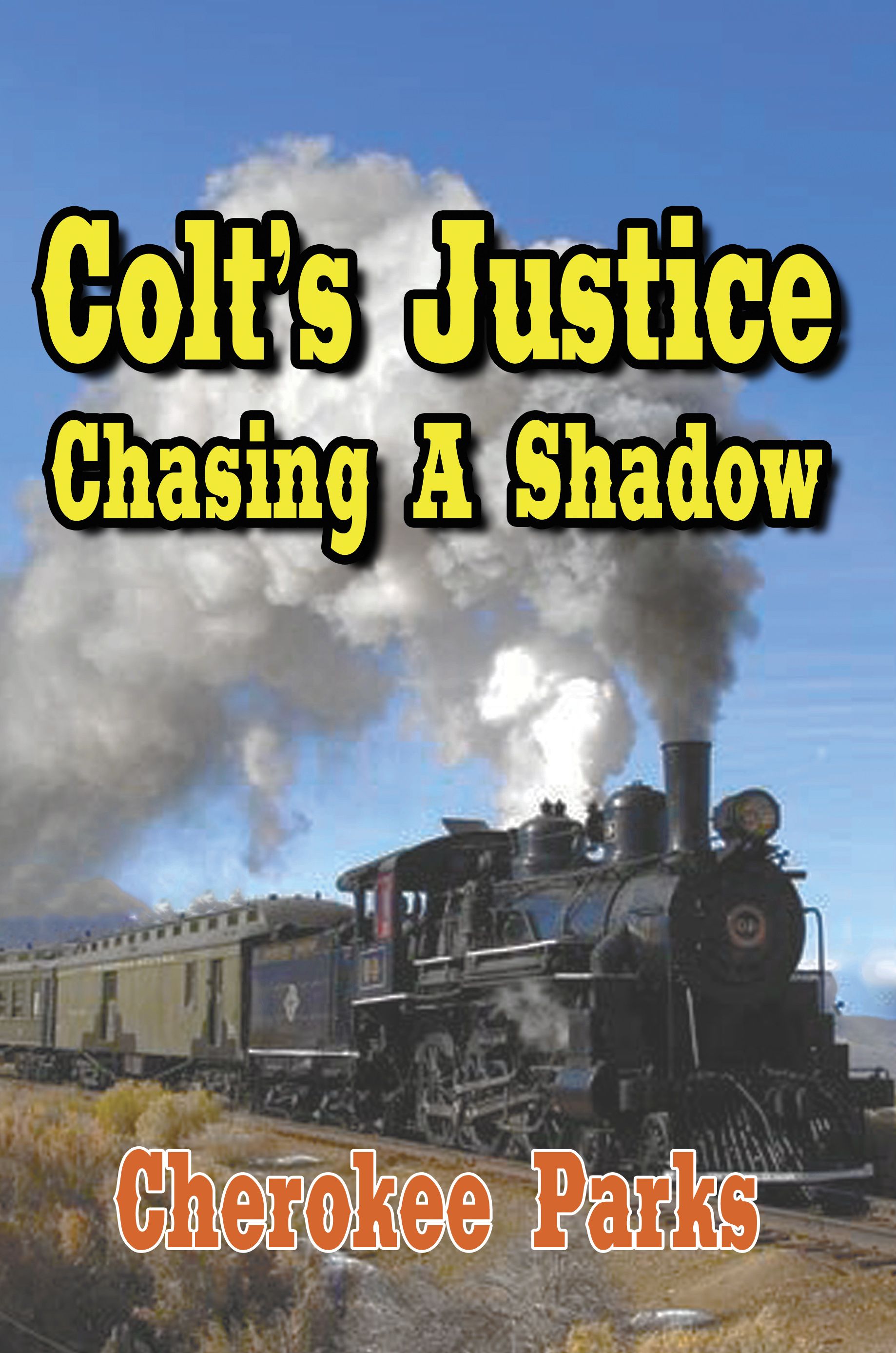
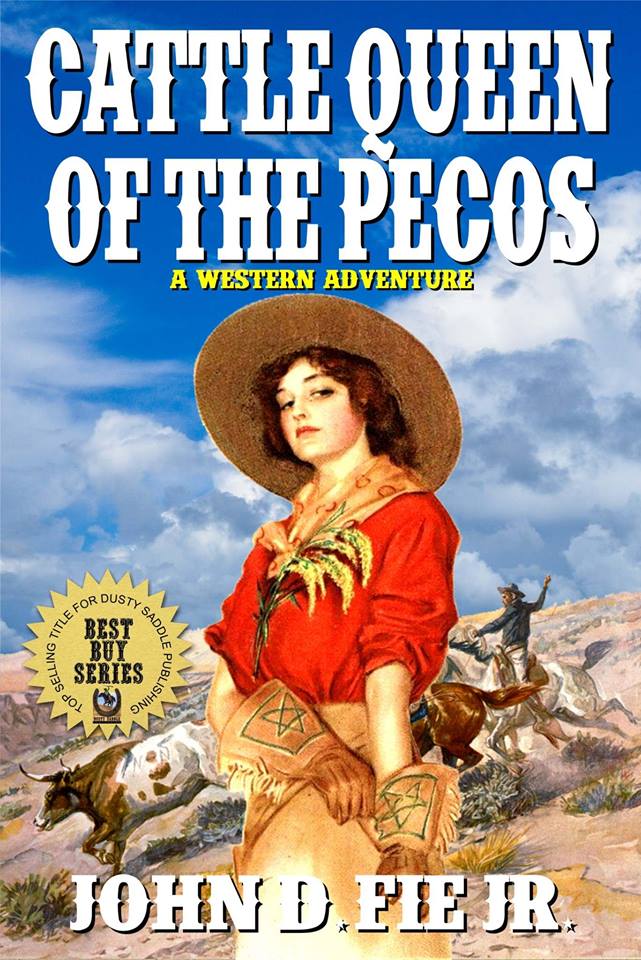
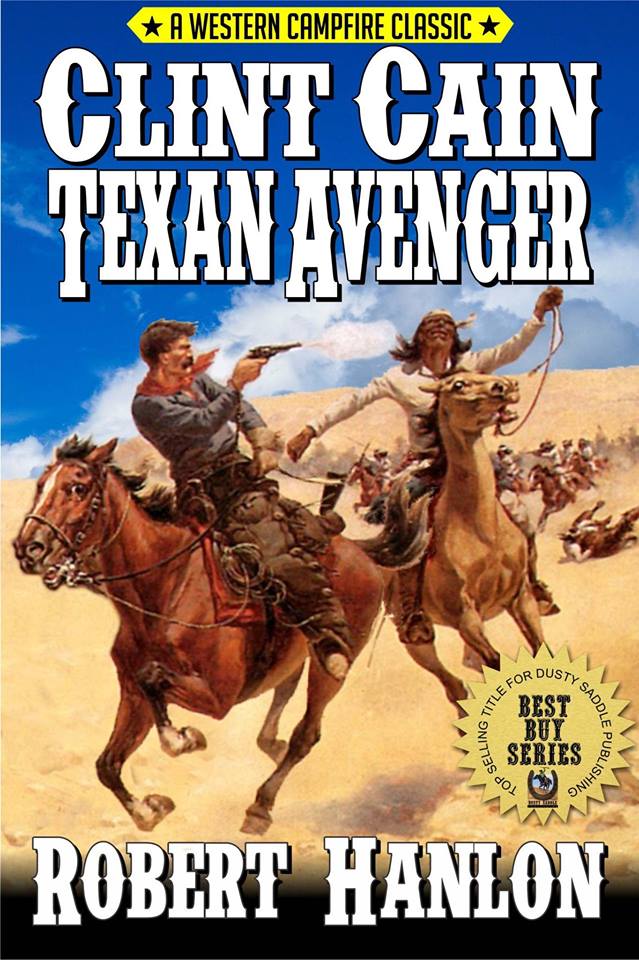
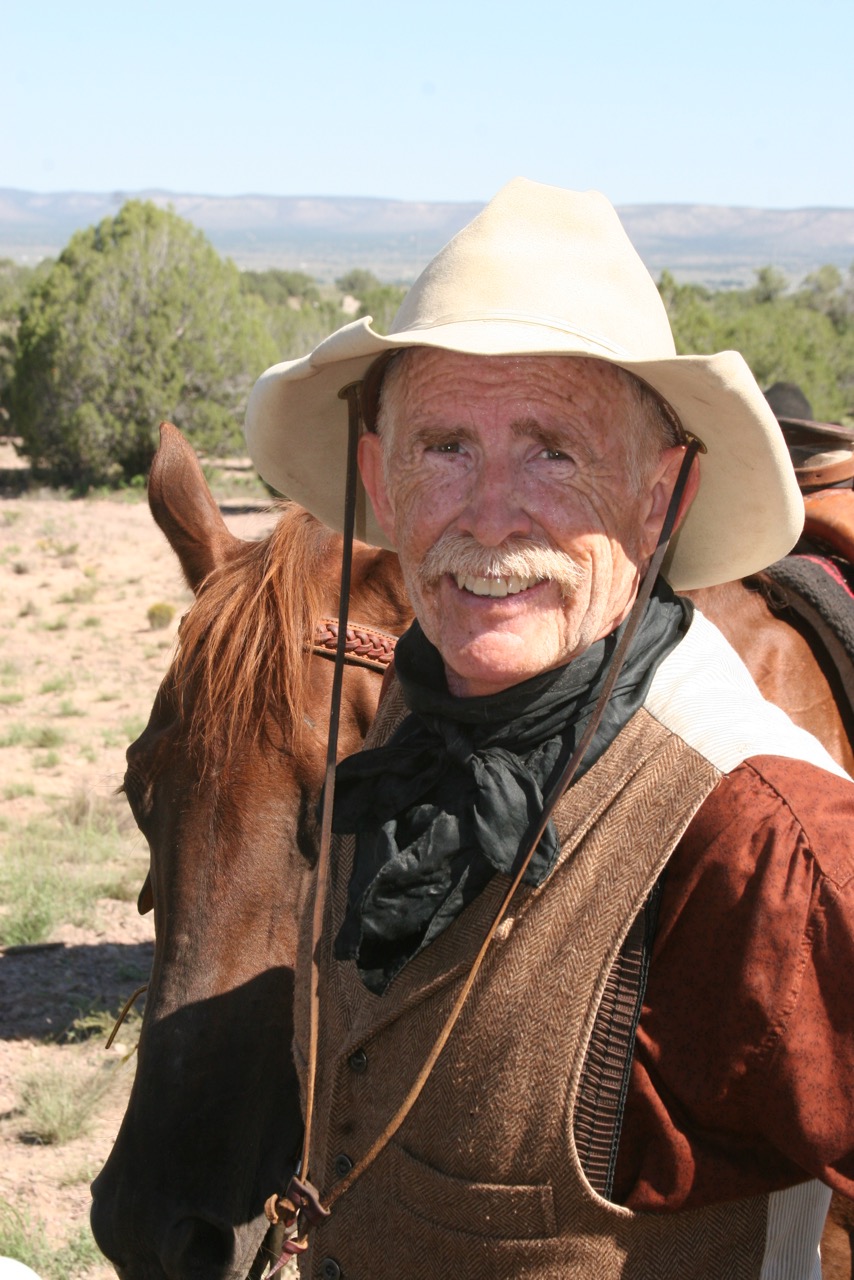
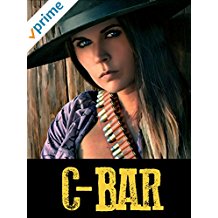
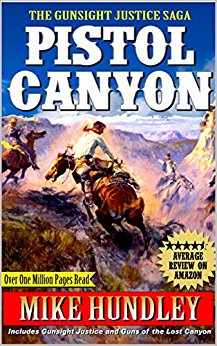
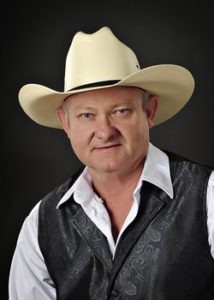 This interview is with one of the best Western writers of today. His name is Weldon Shaw, and his new book “Lone Wolf” has been a constant favorite with Western readers. “Lone Wolf” is the first book in a series– and what a series! Catch this new interview with Weldon– and get hooked! Hooked on a great story, by a great writer of today!
This interview is with one of the best Western writers of today. His name is Weldon Shaw, and his new book “Lone Wolf” has been a constant favorite with Western readers. “Lone Wolf” is the first book in a series– and what a series! Catch this new interview with Weldon– and get hooked! Hooked on a great story, by a great writer of today!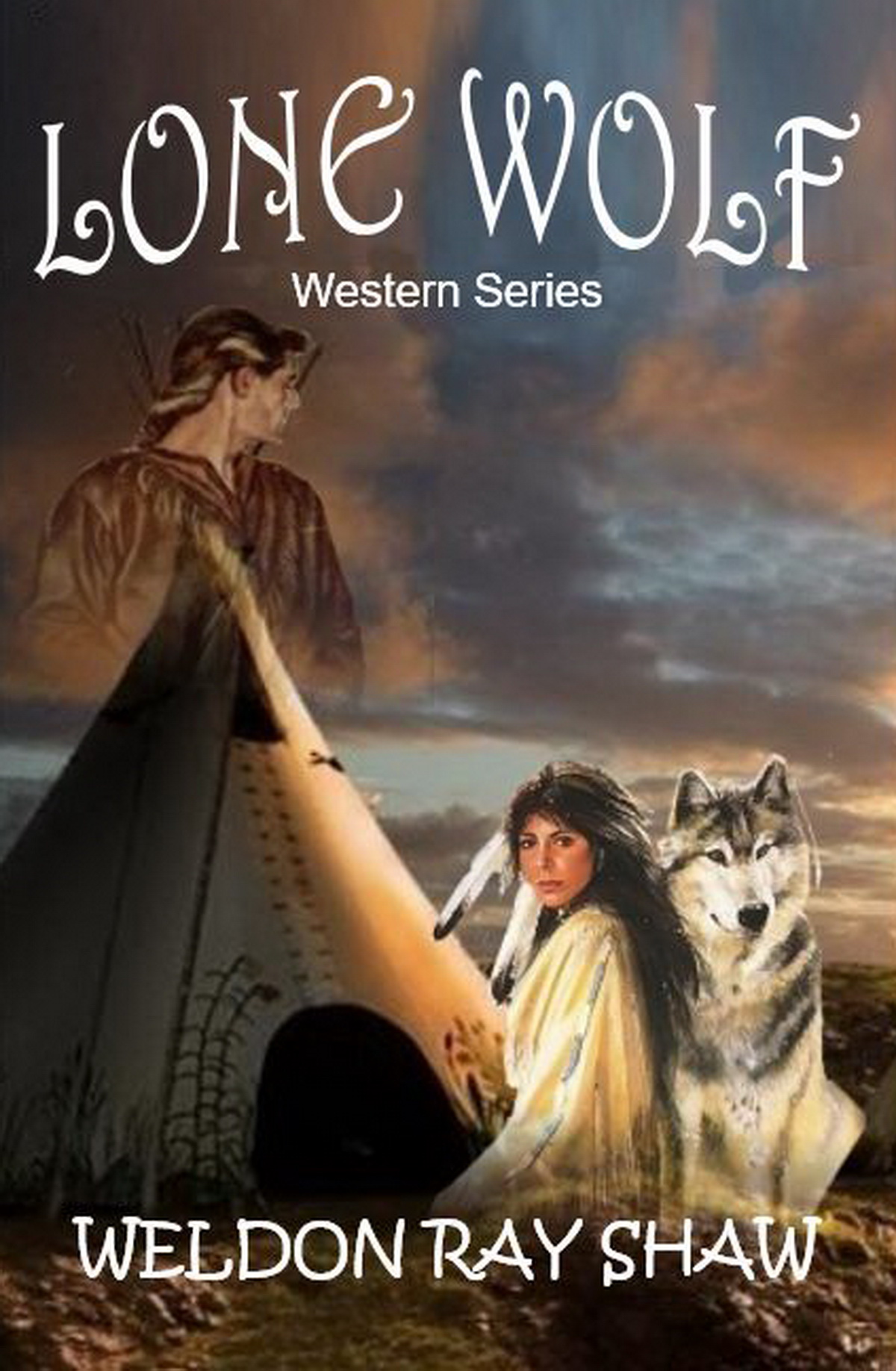
 I told you last month that I would talk about the money needed to make a movie. What if I told you it costs $250,000 to make a movie, would you believe that? Truth is I have no idea. I was talking with an English filmmaker about how we made this movie. He said the story of making the movie is as good as the movie itself. Let’s see what you think.
I told you last month that I would talk about the money needed to make a movie. What if I told you it costs $250,000 to make a movie, would you believe that? Truth is I have no idea. I was talking with an English filmmaker about how we made this movie. He said the story of making the movie is as good as the movie itself. Let’s see what you think.![Day of the Gun: A Western Adventure: The C-Bar Ranch Western Adventure Series Books 1-3 (The C-Bar Ranch Western Adventure Series Book Series 4) by [Baugher, Mark, Hanlon, Robert, Winkle, C. Wayne, Watts, David Watts]](https://images-na.ssl-images-amazon.com/images/I/61x5HE7XmmL._SY346_.jpg)
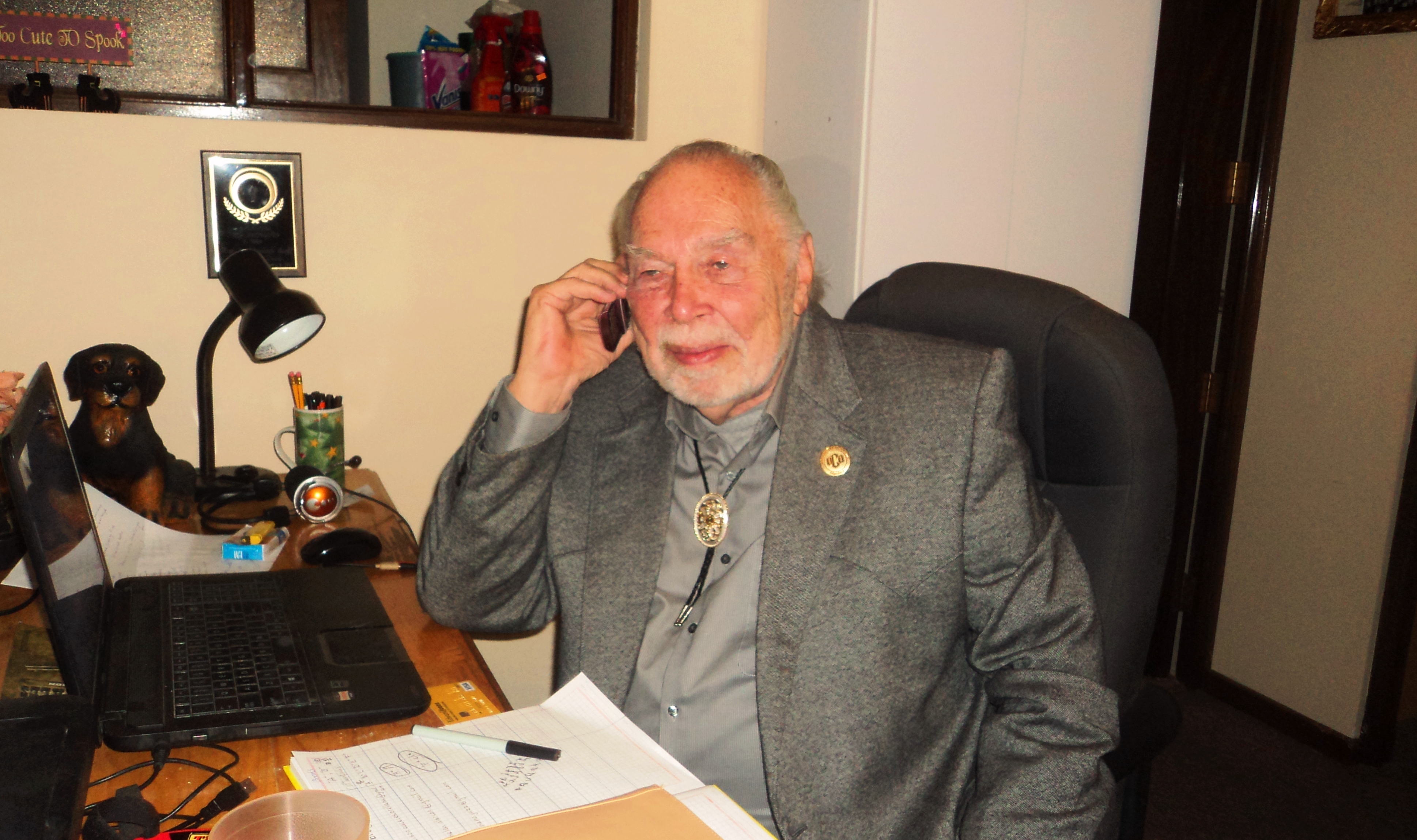
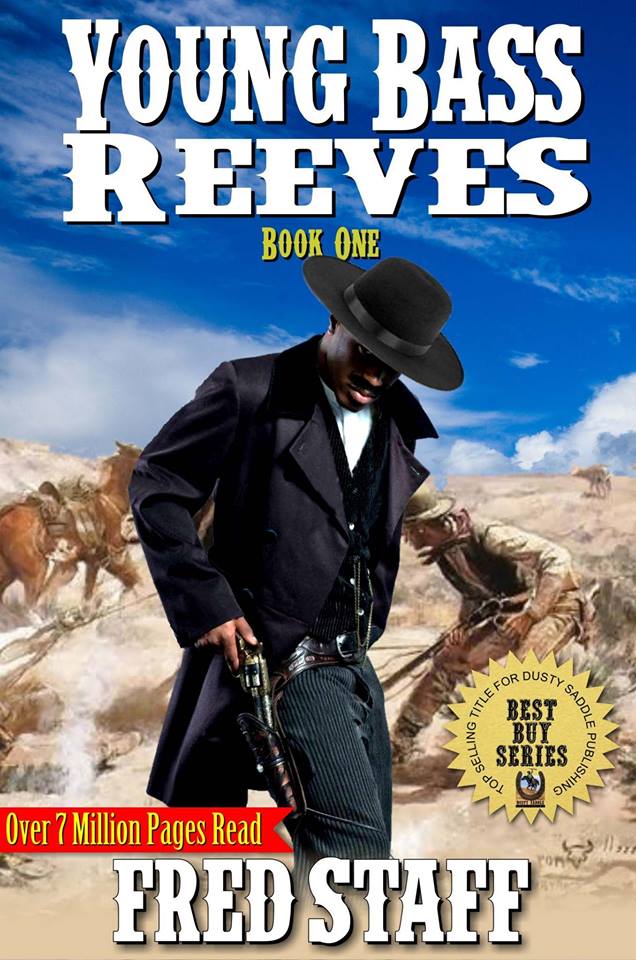
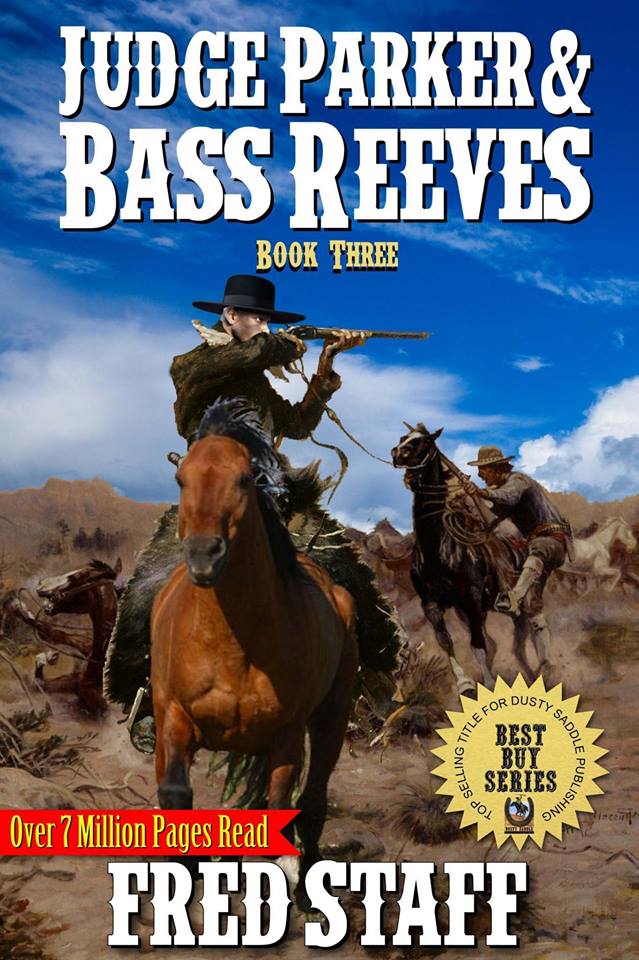
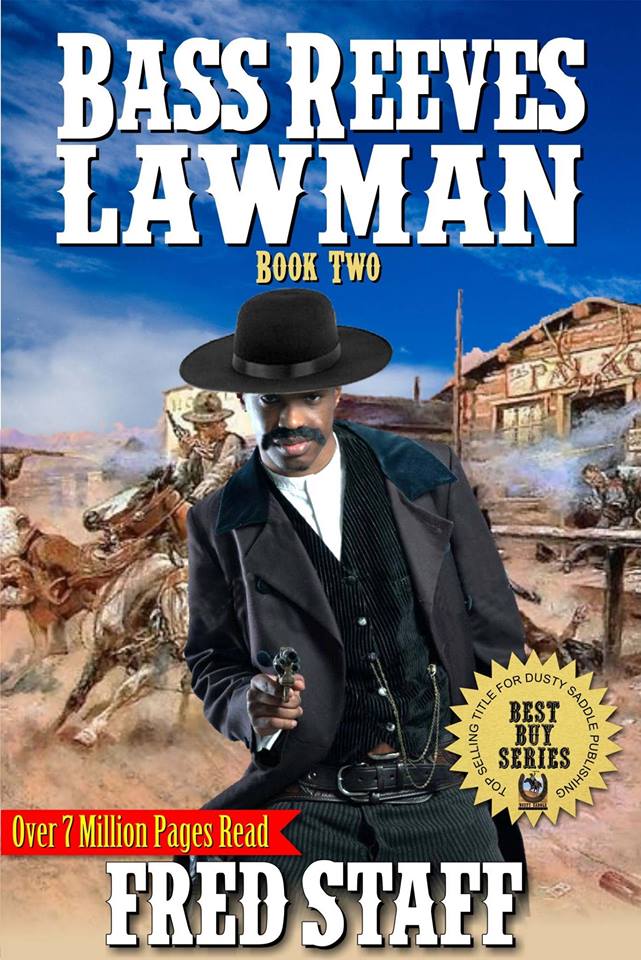
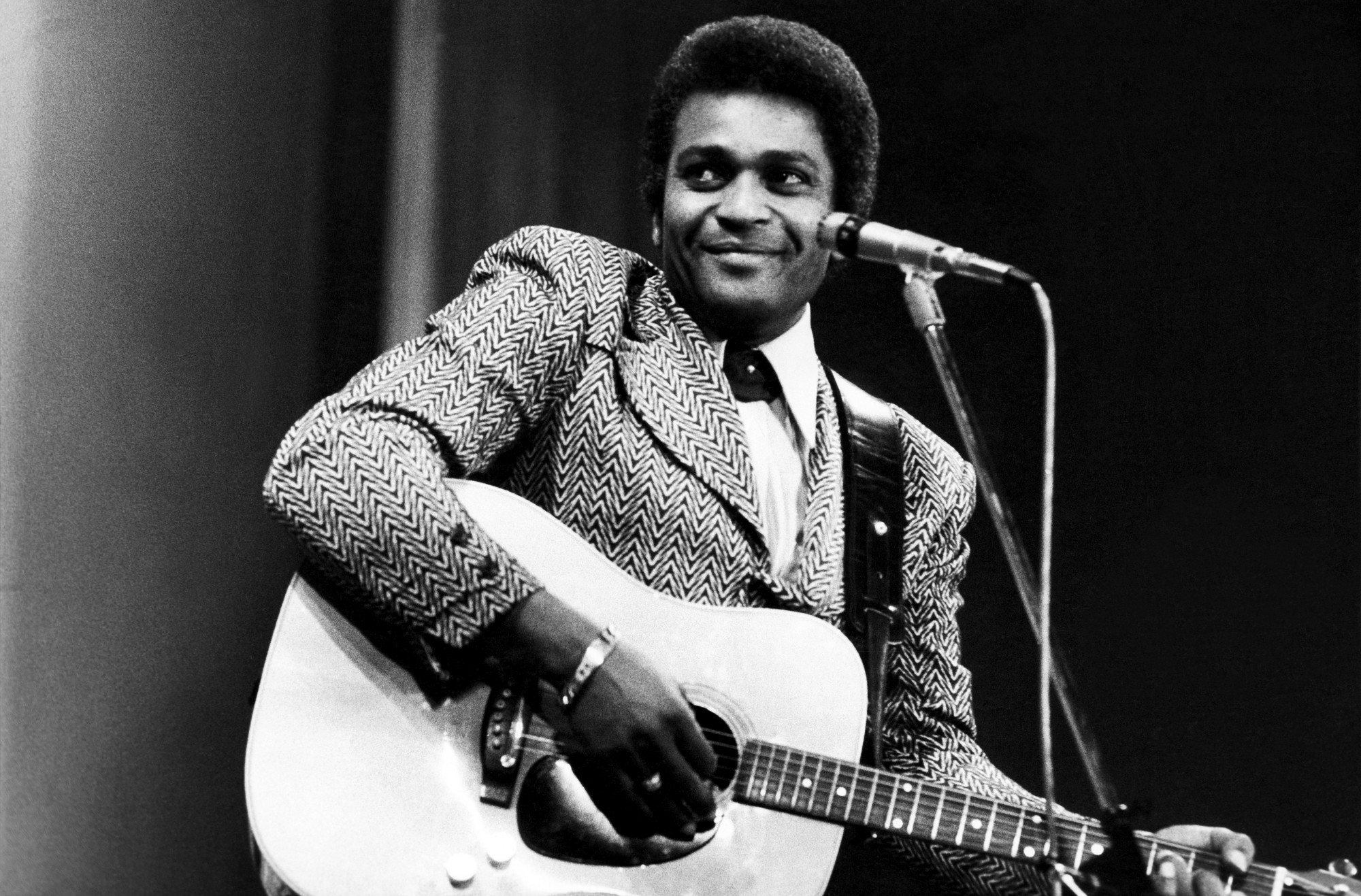
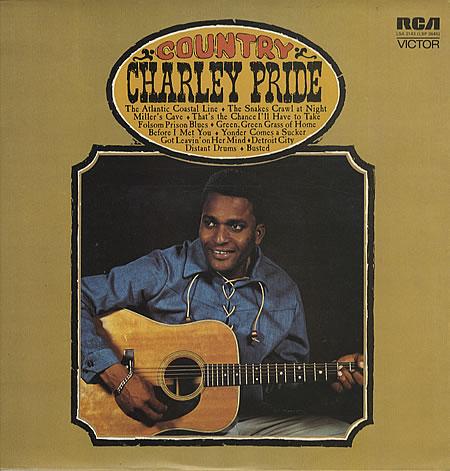
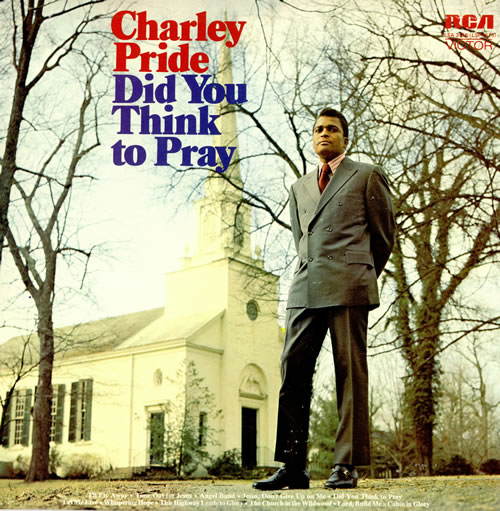
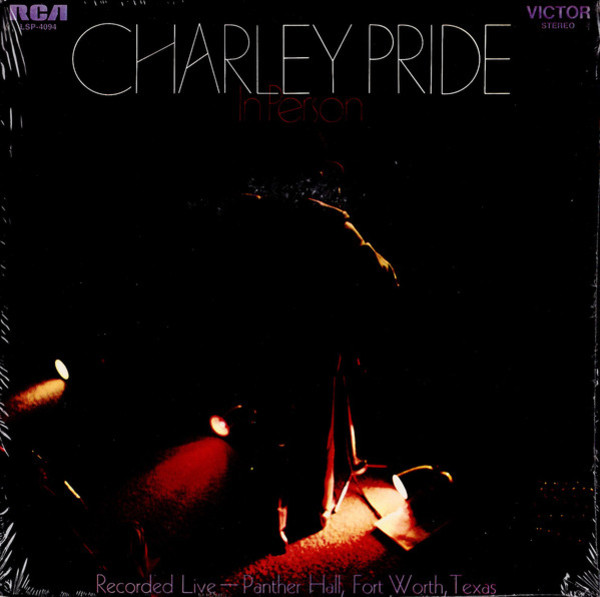
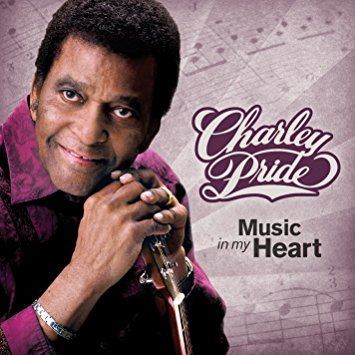
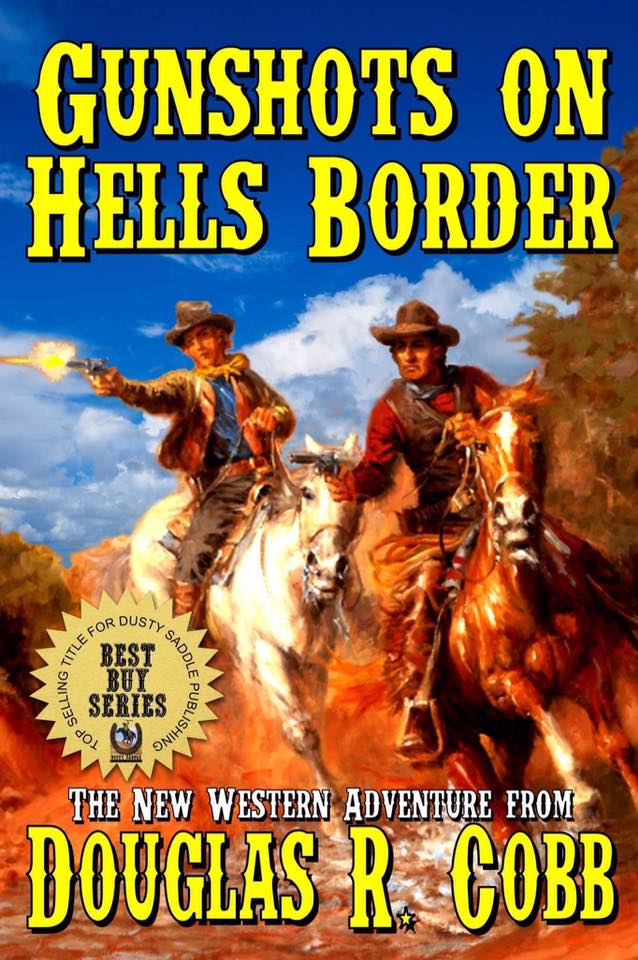
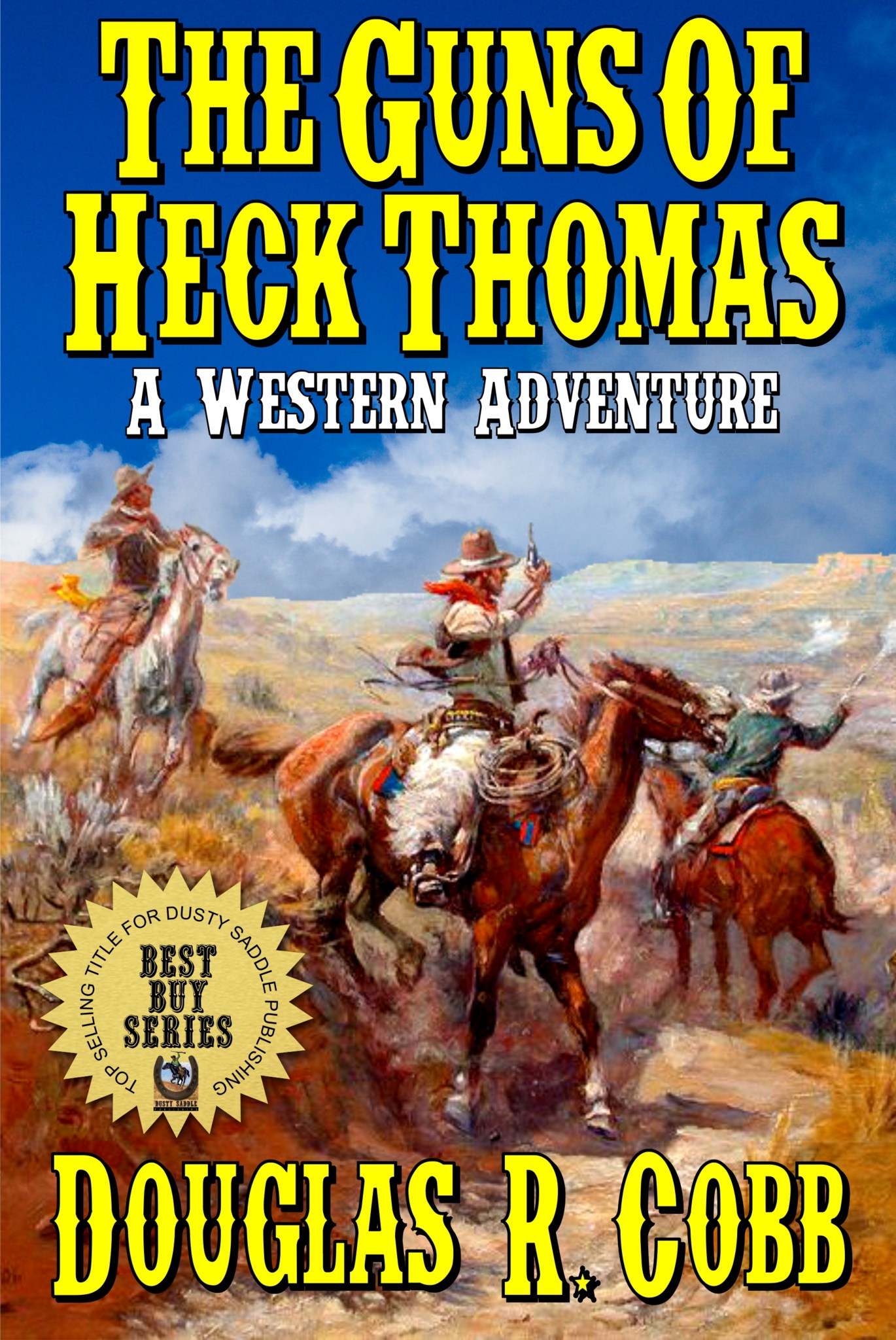
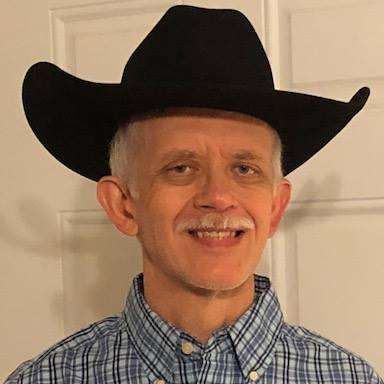
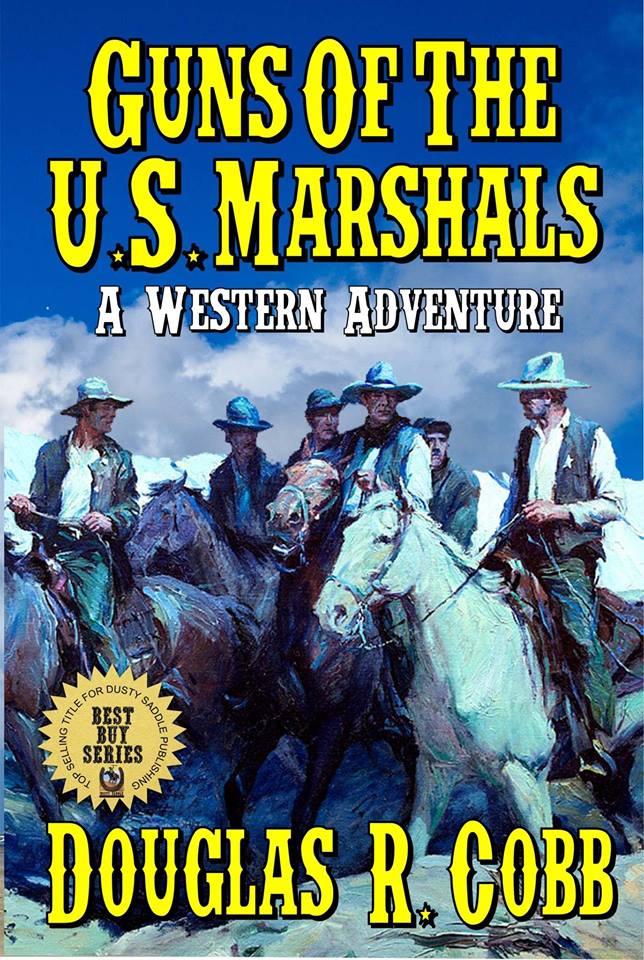
Recent Comments